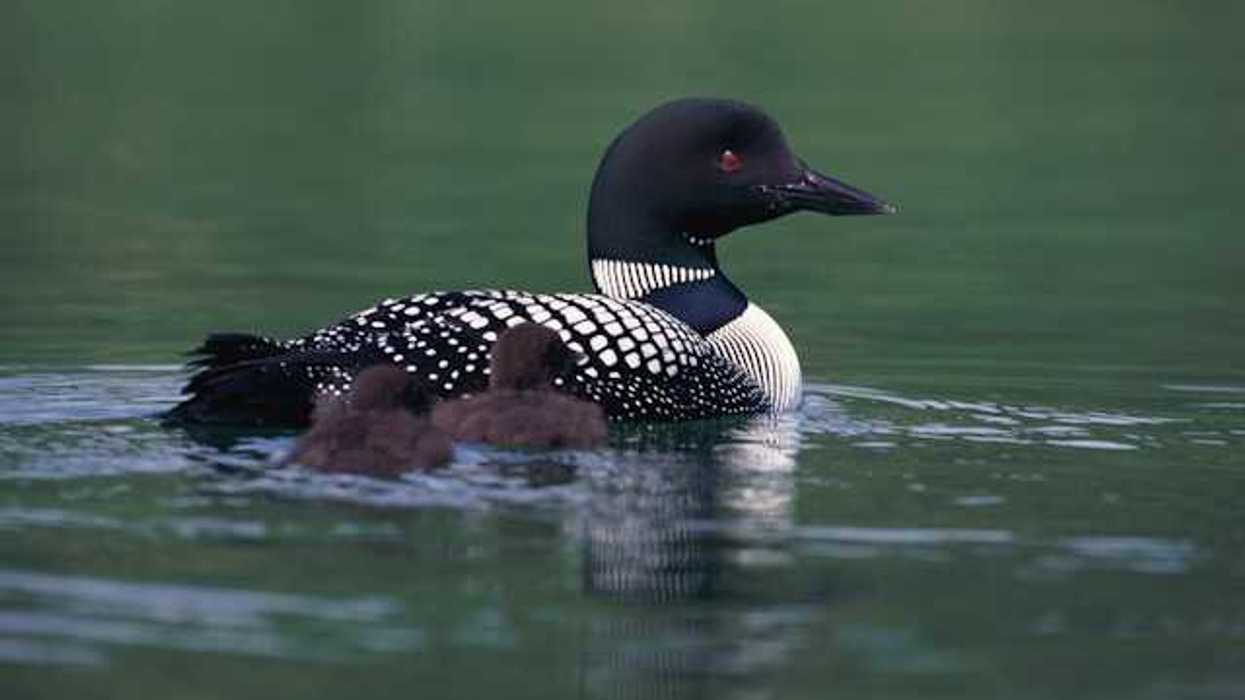In a recent funding resolution, wildlife refuges across the nation are confronting a significant $14 million budget cut, endangering visitor centers, wildlife management, and the already limited number of wildlife officers.
Trista Talton reports for Coastal Review.
In short:
- The Senate's approval of a temporary funding resolution falls short for wildlife refuges, leading to potential closures and reduced wildlife management.
- Wildlife refuges, essential for species conservation and climate change adaptation, struggle with inadequate funding, affecting their operation and maintenance.
- Comparison with the National Park Service highlights the disparity in funding and attention, despite the crucial role of wildlife refuges in conservation.
Key quote:
“We were hoping for at least flat. But for them to take a 2.6% cut when we’re already heavily underfunded is going to create additional problems.”
— Mike Leahy, National Wildlife Federation’s senior director of wildlife, hunting and fishing policy
Why this matters:
This funding shortfall comes at a time when the importance of natural lands for climate change adaptation is increasingly recognized. The budget cuts to wildlife refuges not only undermine conservation efforts and public access but also highlight a larger issue of resource allocation and prioritization at the federal level, affecting both the environment and public health.
In 2020, Peter Dykstra wrote that a long-dormant threat to the Okefenokee wildlife refuge—a vast, mostly protected wetland straddling the Georgia–Florida border—had roared back to life.














